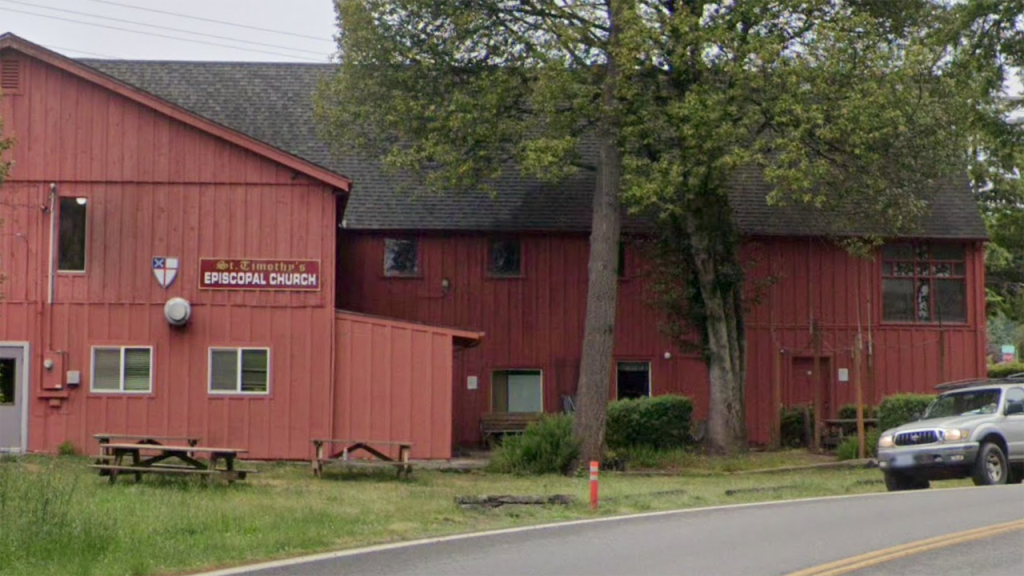A federal judge ruled against the city government of Brookings, Oregon in a key First Amendment case that involved the attempt to shut down a church’s homeless meal service. The ordinance passed by the city in 2021 limited the church’s ability to serve free meals to the homeless by requiring a permit and restricting the number of days per week they could do so. St. Timothy’s Episcopal Church, which has been offering free meals since 2009, filed a lawsuit claiming that the ordinance violated its right to freely practice religion. The federal judge agreed with the church, stating that the city failed to provide a sufficient reason for the restrictions.
Rev. Bernie Lindley from St. Timothy’s Episcopal Church expressed that providing meals to those in need is a way for the church to express their religious beliefs. Increasing demand during the COVID-19 pandemic led the church to extend its meal services to six days a week, which resulted in complaints from some residents. In response, the city passed the ordinance that would have limited the church’s services. However, the judge’s ruling has allowed the meal service to continue, despite ongoing legal battles between the city and the church. The city has also asked the church to cease shower and advocacy services, which the church has appealed.
The church’s decision to file a lawsuit against the city was based on the belief that the ordinance was unconstitutional and violated their religious freedom rights. St. Timothy’s Episcopal Church sees serving free meals to the homeless as an integral part of their faith, especially in caring for marginalized and hungry individuals. The church has been committed to providing these services for many years and has faced challenges in continuing to do so amid legal disputes with the city government. The judge’s ruling in favor of the church has allowed the meal service to remain operational while the legal battles continue.
Brookings, Oregon, located near the California border, has been the site of the legal dispute between the city and St. Timothy’s Episcopal Church over the church’s homeless meal service. The city’s ordinance restricting the church’s ability to provide meals has led to a court ruling that declared the ordinance unconstitutional and a violation of the church’s religious freedom. Despite the ruling, the church and the city are continuing to fight other legal battles, including the city’s attempts to halt the church’s shower and advocacy services. The ongoing legal disputes highlight the challenges faced by churches and religious organizations in providing essential services to their communities, particularly to marginalized individuals such as the homeless.
Overall, the federal judge’s ruling in favor of St. Timothy’s Episcopal Church against the city of Brookings, Oregon, demonstrates the importance of protecting religious freedom rights, particularly when it comes to providing essential services to those in need. The church’s ongoing commitment to serving free meals to the homeless as an expression of their faith has been upheld by the court’s decision, despite challenges from local government ordinances. The legal battles between the city and the church highlight the need for continued advocacy and protection of religious organizations’ rights to serve their communities, especially during times of crisis such as the COVID-19 pandemic.


